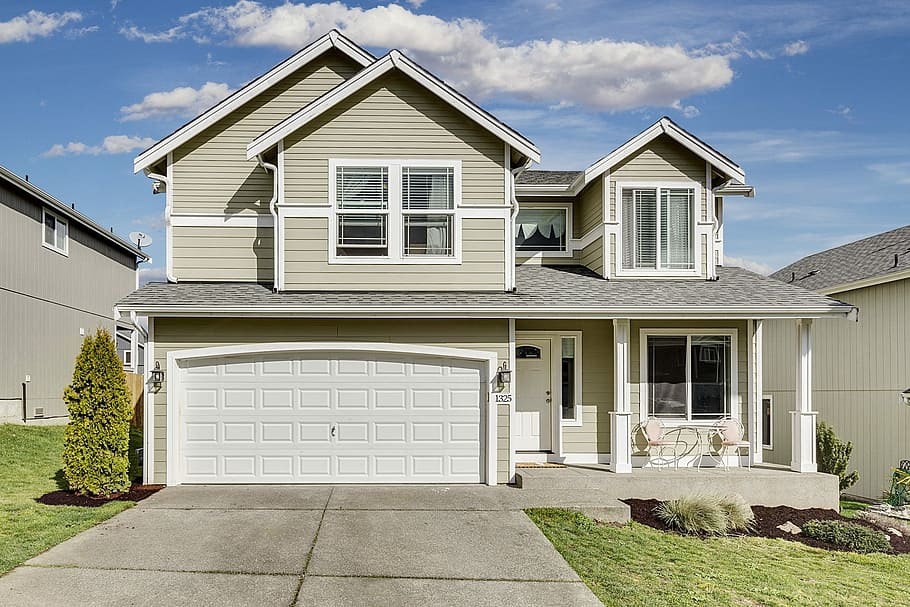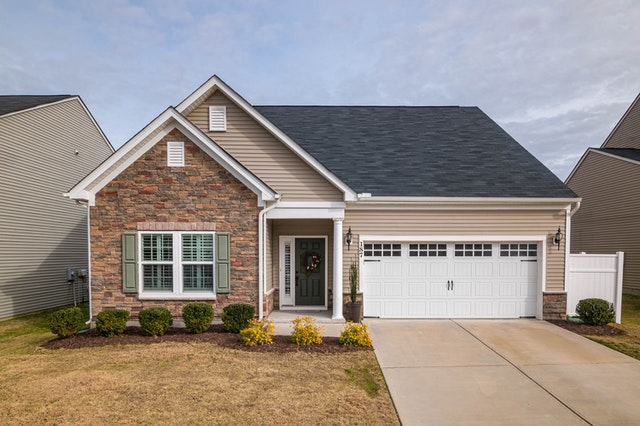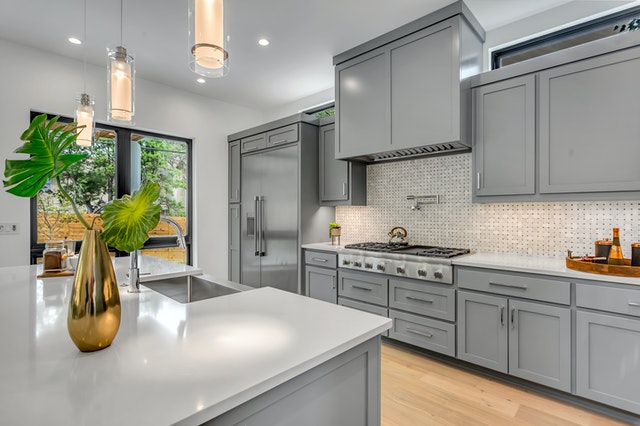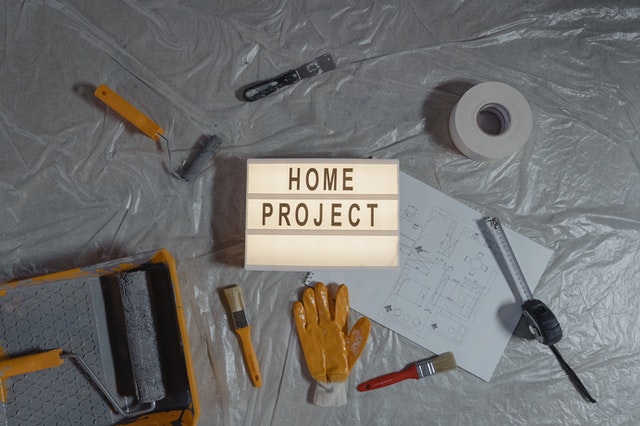Investing in real estate has always been rated as one of the best ways to invest your money. This was undeniably true in the past, but is a property investment still a viable option today?
The answer is yes and there are good reasons for this.
Is Property Investment Worth It?
Over the last several decades, a housing availability crisis has been slowly developing in many Canadian cities. Current statistics show that 1 in 5 Canadian renters will be unable to find the type of accommodation they want. This means that for the foreseeable future, there is going to be a constant demand for more housing in many Canadian cities.
Second, a high percentage of millennials and baby boomers are choosing to rent, rather than own homes. There is a growing trend among the younger generation to place greater value on the freedom of renting than the security of owning a home. This is increasing the demand across Canada for rental properties.
The result of these two factors is that rental properties in many cities have a vacancy rate that is just a little above zero percent. What this means, says Leenan Properties, is that apartments are barely vacant before they are snapped up and that is good news for would-be property investors.
In addition to these factors, Canada is such a huge and diverse country that opportunities in the real estate market vary significantly across regions. There is never a lack of places where savvy investors can buy properties to make decent profits.
But just in case you are still asking why you should invest in rental properties, here are reasons why investment property trumps other forms of investments.
Why You Should Invest in Rental Properties
1. High Leverage

Getting a loan to invest in rental properties is relatively easier than getting a loan for other types of investment. Additionally, the loan amounts for real estate investments are higher.
With competing forms of investment, like stocks, gold, or cryptocurrencies, investors are often required to put up 100% of the purchase cost. But with investment properties, it is not uncommon for investors to provide only 20%-30% of the cost of the asset.
This means that with $30,000 of your own money, you will be able to purchase a property worth $210,000. This is because banks will readily lend you the rest of the money needed for the investment. This kind of leverage is not available with stocks or mutual funds.
2. Steady Cash Flow

For rental properties, investors do not have to endure a long waiting period before they begin to enjoy the rewards of their investments. A rental property can start to generate cash flow in its first month through rental income.
The property can provide all the money that the landlord needs to cover mortgage payments, running costs, and investment property taxes. After these expenses, owners will still have some money left over every month as their profits.
3. A Rental Property Pays for Itself
A rental property’s ability to generate enough cash to cover the property owner’s obligation to lenders is a huge advantage. It means the investment eventually pays for itself. Landlords can use their tenant’s money to pay off the mortgage on the property.
For every year that they hold the property, landlords reduce the amount they owe on it while also increasing their equity in the property. The owner can eventually gain access to this money by refinancing the loan or selling the home.
4. Higher Return on Investment

The ROI on investment real estate surpasses that on many other types of investment. This is partly as a result of the higher leverage property investors enjoy. It is also due to the steady cash flow generated by the asset.
Leverage allows investors to purchase properties far above their means. Monthly incomes from the property take care of marginal costs and interest payments on the loan. The owner does not pay out-of-pocket to own or maintain the investment, yet their asset keeps growing.
5. Tax Benefits
Owners of rental properties perform a public service; they take on personal risk to provide homes for other people. The government recognizes landlords’ roles and encourages them by offering tax incentives.
Tax benefits on rental properties come in several forms and landlords can take advantage of them all. Tax-deductible expenses for a rental property includes repairs, depreciation, interest on the mortgage, property taxes, legal/professional fees, insurance, and more.
6. Greater Flexibility
Investing in real estate offers landlords greater flexibility in how they manage an asset. Investors in stocks and mutual funds may have the freedom to choose what they want to buy, but they must give someone else the right to manage the assets. The manager invariably controls the investors’ money.
With rental properties, on the other hand, landlords are involved in every step of the way. They can choose to rent in the short or long-term. They may also choose to manage their property directly or use the services of a property manager.
7. Asset Appreciation
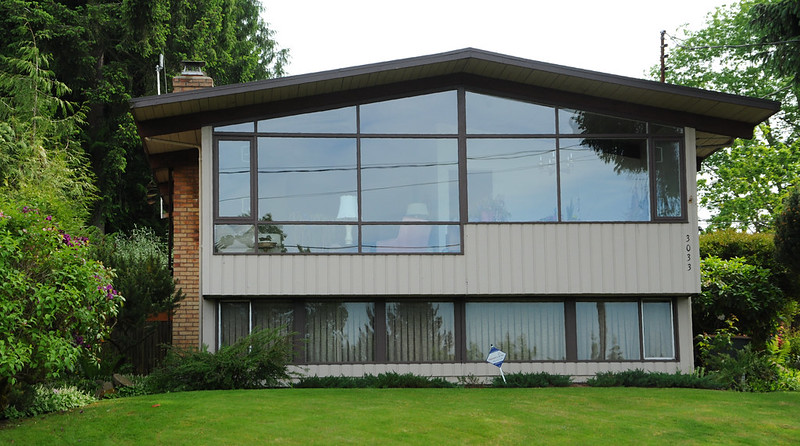
Even though the value of properties may rise and fall in the short run, real estate prices tend to go up in the long run. Owners can buy and hold a property to take advantage of this long-term value appreciation.
The rate at which property prices appreciate varies according to market conditions in a location. But it is not uncommon for owners to make multiples of their original investment, after a few years.
8. Hedge Against Inflation
Home values are relatively stable compared to other types of assets. They do not fall as sharply as the value of stocks often does. And when property prices move, they do so, invariably, in the same direction as inflation. This means that the value of the asset is not eroded by inflation. Rather than losing value, investment properties retain value in the face of inflation.
Thinking of investing in owning a rental property? Contact us to chat with one of our expert real estate professionals in Saskatoon today!













 Facebook
Facebook
 Twitter
Twitter
 Pinterest
Pinterest
 Copy Link
Copy Link

